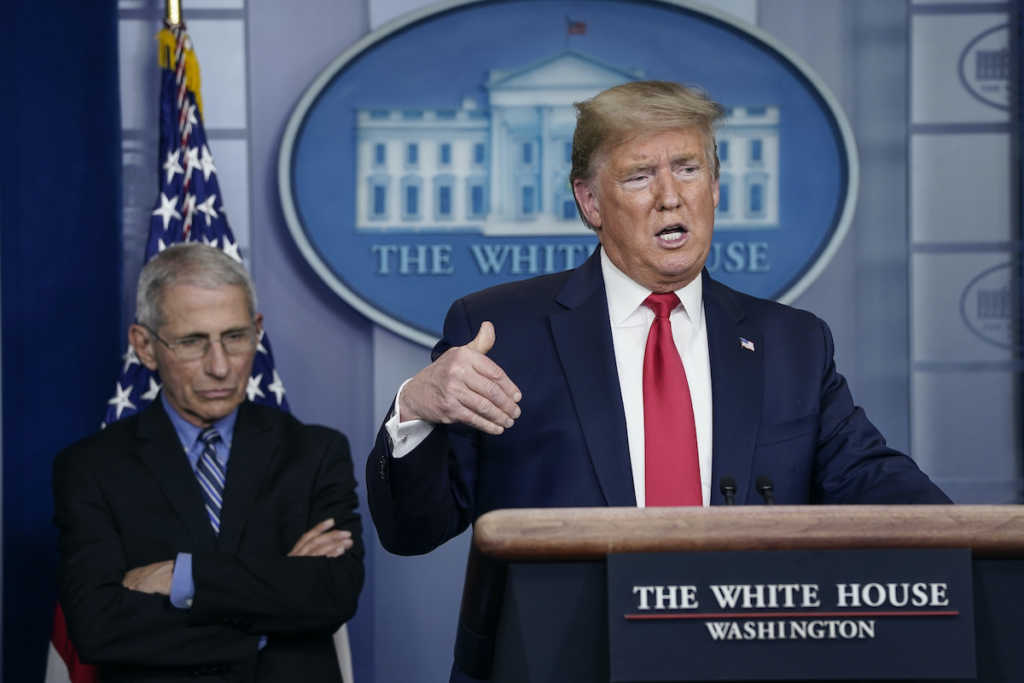A study commissioned in 2019 found the United States is the best-prepared country to handle a pandemic like the medical crisis we’re currently facing.
The assessment, undertaken by the Nuclear Threat Initiative and the Johns Hopkins Center for Health Security, was released in October. President Donald Trump referenced the study’s findings during a press conference Tuesday.
While the authors of the analysis admitted no country is thoroughly prepared for any sort of pandemic like the global coronavirus outbreak, the research did indicate the U.S. is best situated to handle such a health care crisis.
According to a blog post published on the Johns Hopkins University website, the team of researchers who conducted the study compiled 140 questions, which were organized into six categories and 34 indicators to determine a countries suitability. The average score of every country assessed was 40.2.
The U.S., by contrast, scored 83.5 and ranked No. 1 in five of the six categories, which are prevention; early detection and reporting; rapid response and mitigation; sufficient and robust health system; compliance with international norms; and overall risk environment and vulnerability to biological threats. In the last category, the U.S. ranked No. 19.
One of the president’s biggest victories in his handling of this pandemic was his early decision to close the border to travelers from China, a move some on the left criticized as “racist.” Dr. Anthony Fauci, the nation’s top infectious disease expert, has lauded Trump for the action, arguing it significantly blunted the early spread of the virus.
“COVID-19 is the latest global reminder of the power of infectious disease outbreaks to cause significant harm to health, peace, and prosperity if countries are not adequately prepared,” said Jennifer Nuzzo, a senior scholar at the Center for Health Security and one of the co-authors of the preparedness study. “It is important that national leaders recognize these threats and commit to increasing and sustaining countries’ capacities to prevent, detect, and respond to these events.”



